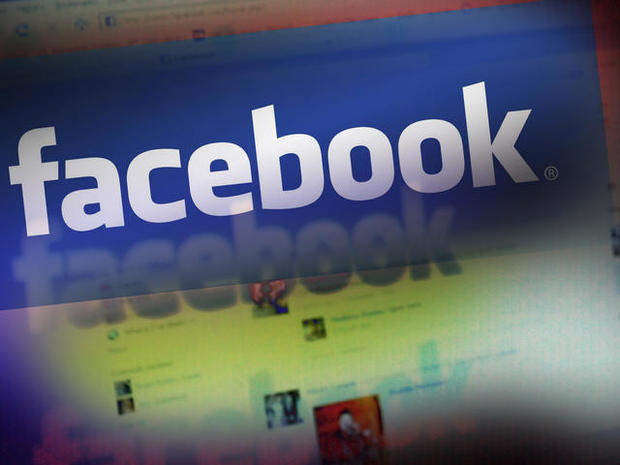Facebook Colonizing the Internet
According to Hitwise, Facebook has a 10 percent share of Internet visits in the U.S., and accounts for nearly 25 percent of page views. Trailing behind Facebook, Google has about a 7 percent share and YouTube (owned by Google) about 3 percent of Internet visits. On the page view front, YouTube and Google have a combined 11.7 percent share. It appears that Facebook is gobbling up a lot of what its CEO Mark Zuckerberg called the vast "uncharted" territory of the Internet.
The data indicates that social networks--led by a maturing Facebook with half a billion users (including 100 million in the U.S.), Twitter (nearing 200 million users) and YouTube, which is rapidly evolving the social aspects of its 35-hours-per-minute of video destination--are becoming the dominant habitat for web users.
It's the transition from the web as a constellation of billions of web pages navigated via search to a human-centered habitat with people filtering the massive expanse of the Internet for each other.
Facebook has had antecedents, such as Friendster, MySpace and Second Life in building a more human or social layer for the Internet. But in the last few years, Mark Zuckerberg and company are effectively colonizing the social layer of the Internet, migrating the human species into a new digital habitat.
Along with colonization comes all the issues of governance and policy, and the possibility of social unrest and becoming too powerful. Imagine a Facebook that also dominates search, commerce and other key aspects of Internet usage.
On the Internet, however, migration is far easier than in the terrestrial world, which should force Facebook and others trying to govern Internet territory to avoid hints of imperialism and treat their inhabitants with great care or face extinction. Given the current issues around privacy, exporting data and its expanding dominance, Facebook will have a difficult balancing act as looks to colonize the next billion people.
